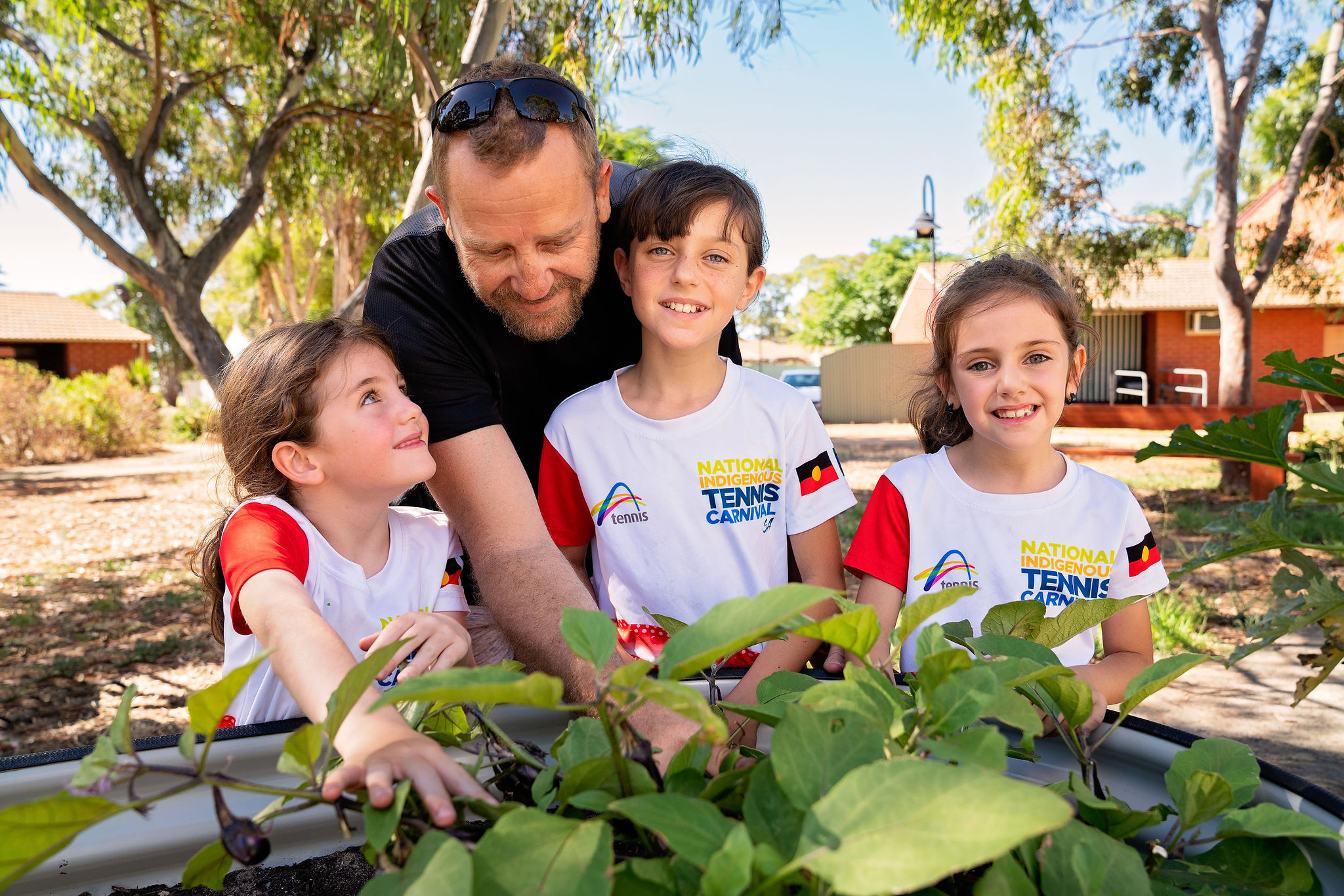A win-win: How having a home benefits people and economies

A home is more than bricks and mortar.
It’s a place where you can build your livelihood; put your feet up and relax after a long day; surround yourself with people and things that bring you joy; and fulfil the most basic human needs.
Sadly – as we uncovered in the ‘Beyond the Housing Crisis – A Home for All’ report – too many South Australians don’t have a place they can call home.
Making sure everyone has access to housing is a social responsibility we can’t ignore, especially when the benefits of housing reach far beyond the individuals and families affected.
Safe, secure, and accessible housing not only improves lives and communities, but it also reduces public costs and boosts economies. It’s a social and fiscal win-win.
Let’s explore why.
Benefits for individuals
There’s no denying that housing plays a critical role in the health and wellbeing of Australians.
At the most basic level, affordable and safe housing can help people avoid housing stress, which, in turn improves wellbeing.
But the benefits of housing for individuals extends far beyond avoiding housing stress, to encompass a wide range of measures including health, employment and education.
Research shows housing is a ‘circuit-breaker’ for people experiencing homelessness “upon which they can make better decisions and build healthier, longer lives.”
According to the international scoping review, ‘Outcomes Associated with Providing Secure, Stable, and Permanent Housing for People Who Have Been Homeless’ undertaken in 2021, secure housing can improve a person’s physical and mental health, as they’re able to get more sleep, manage their medications and care, and reduce stress, depression, anxiety and risk of infection.
If you’ve got a permanent roof over your head, it’s also more likely you’ll have fewer brushes with the law. Studies report that once permanently housed, someone who was previously homeless will spend less time in jail, with less encounters with police and arrests.
Housing also provides safety from criminal behaviour, especially for women and children fleeing domestic and family violence situations.
Other areas that improve with secure housing include education and employment, community participation, and substance use and food-related outcomes.
It’s not hard to understand why it’s easier to find and keep a job, stay in school, care for yourself or others, overcome ill-health, give your kids opportunities, make friends, plan for the future and create a sense of belonging when you’ve got a place of your own.
“Home is where your family is,” said a Believe Housing Australia tenant.
“There are places you can go visit, you know, everybody enjoys going on holidays and all that but that’s not your home.
“Home is where you’re comfortable, home is where you’re safe. So yeah, home is everything.”
Benefits for our economy
The more people without access to safe, secure and affordable housing in our community, the greater the cost to the government – so there’s a significant financial benefit to providing more social housing, too.
The Australian Housing and Urban Research Institute found that the average annual costs to government for health, justice, and welfare was $25,343 (in 2010 dollars) per homeless person in the year before they accessed case managed support.
In contrast, the annual average cost to the government for the whole Australian population for these services was just $2,588 per person.
Providing more social housing is a cost-effective way to reduce these high figures.
In our report, we highlight how the provision of 250,000 social dwellings can deliver $5-11bn in savings to the government in reduced costs to the health, human services and criminal justice system in just over 10 years.
This is in addition to creating 46,000 jobs a year and contributing up to $40bn in GDP!
The construction of social housing also delivers returns to the Australian economy.
A 2021 report showed that building 16,180 social housing units — to match the number of Australian women leaving violent homes each year — would create 47,000 jobs and deliver $15.3bn of economic benefit, outstripping the $7.6bn of investment required.
There would also be a saving of $379.5m a year in costs resulting from homelessness or return to a violent partner.
Plus – when a person is provided with secure housing – they’re far more likely to become independent, participate in employment and education and make a positive economic contribution.
It’s clear that when we invest in social housing, everybody wins.
Believe in better
If you’re passionate about the benefits that social housing provides to individuals and our economy, we’d love to hear from you.
During 2022-23, Believe Housing Australia will be facilitating roundtables to increase collaboration and develop innovation and action to help create a more efficient housing system in South Australia.
Representatives from all levels of government, NFPs, housing and homelessness, and the private sector are invited to join our upcoming housing roundtable series.
To find out more information and to register your interest, click here.
